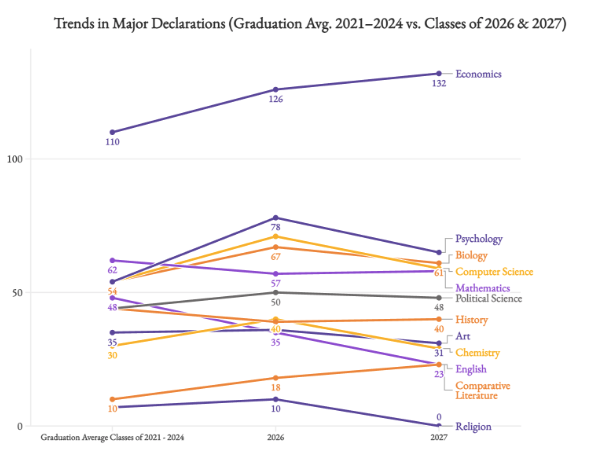Yesterday, Massachusetts voters decided on three ballot initiatives that appeared on their ballots alongside candidates for governor, senator and congressperson, among other offices. With 27 percent reporting, results showed voters overwhelmingly in favor of Question 2, which created a Citizens Commission to address the Citizens United Supreme Court case, and Question 3, which reaffirmed an anti-discrimination ordinance for transgender individuals. A large majority voted no on Question 1, which proposed establishing limits on the number of patients that can be assigned to any one nurse.
The vote against Question 1, by the margin of 71 percent opposed to 29 percent in favor, prevented a change in nursing practices in Massachusetts. Both Massachusetts senators, Elizabeth Warren and Ed Markey, were in favor of the initiative, whereas Governor Charlie Baker was opposed. Proponents argued that the change would lead to a more manageable workload for nurses and safer conditions for patients. Those against worried about costs that would come from these limits, as well as an overreliance on one-size-fits-all models. Following the results, Donna Kelly-Williams of the Massachusetts Nurses Association expressed concern with the outcome. “I’m very disappointed by tonight’s results and the impact that this will have on our patients,” she said.
The approval of Question 2, by a margin of 71 percent to 29 percent, will result in the creation of a citizen commission of 15 people that will ultimately propose several progressive amendments to the U.S. limiting campaign contributions and reversing the acceptance of corporations as people. The commission will form on Jan. 1, 2019, and will issue a report at the end of 2019. Most major political figures in Massachusetts had previously endorsed the initiative.
Question 3’s 68 percent to 32 percent approval reaffirms a 2016 law, called SB 2407, that prohibits discrimination on the basis of gender identity in public places. Its reversal could have endangered the ability of transgender people to use public restrooms and other facilities. This measure was the first statewide referendum on transgender rights in United States history, and represents a substantial victory for LGBTQ+ people and allies. Approximately $4 million was spent in favor of the initiative. However, the initiative also faced vocal opposition, particularly from the Massachusetts Family Institute and a group called Keep MA Safe.
Yesterday, incumbents also won reelection for the governorship and a senate seats. Republican Governor Charlie Baker handily defeated Democrat Jay Gonzalez by a margin of 67 percent to 33 percent, and Warren, the Democratic candidate, defeated Republican Geoff Diehl with 61 percent to 36 percent, with three percent voting for a third party. Massachusetts voters also elected Maura Healey as attorney general, William Galvin as secretary of the commonwealth, Suzanne Bump as auditor and Deborah Goldberg as treasurer. Locally, Berkshire voters reelected Congressman Richard Neal to represent Massachusetts’ first district, Adam Hinds to represent Berkshire, Hampshire, Franklin and Hamden in the State Senate, and John Barrett to represent the First Berkshire District as state representative.








